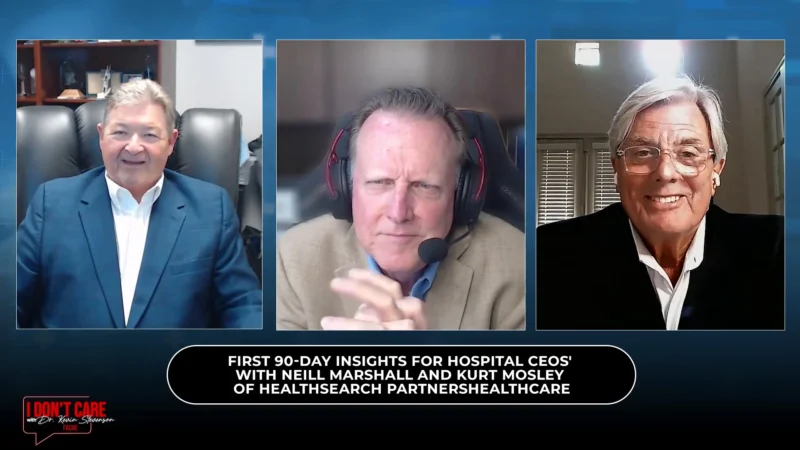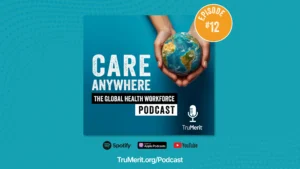Does the Insurance Model of the Future Exclude A Traditional Health Insurance Carrier
U.S. insurance is privatized, which presents a host of challenges. Michelle Zettergren, Chief Sales and Marketing Officer of Brighton Health Plan Solutions and Nick Stefanizzi, CEO of Northwell Direct, spoke with Host Kevin Stevenson about opportunities to eliminate the standard middleman of health insurance.
Direct contracting is when employers partner with organizations that provide care for employees without an intermediary between the two. This saves money and ensures access to quality, tailored programs for a better workforce experience. “Judgements are made based on what the clinical needs of that patient are, what’s going to get them the best outcome, and not around how are we going to get the highest return on dollar to our shareholders,” Stefanizzi explained.
With direct contracting, businesses meet employers at a place consistent with the culture. This may involve providing onsite services such as flu shot or telemedicine campaigns. “The employers that are going to win the war for talent are those being seen as making investments in the health, safety, and resiliency of their workforce,” said Stefanizzi.
Brighton supports direct contracting by connecting with employers partnering with integrated delivery systems. They provide claim processing, benefit grids, and customer service to create transparency for the employer and members, which removes the health insurance middleman that often causes fragmented care.
Direct contracting programs are successful because they support and improve the patient-provider relationship, whereas in traditional settings, carriers don’t make data available to allow programs to be successful. Northwell has access to this data and makes it actionable. “The patient is hearing directly from their provider, and the level of adherence is going to be so much higher, the satisfaction so much higher, and it improves the outcome overall,” Zettergren stated.









